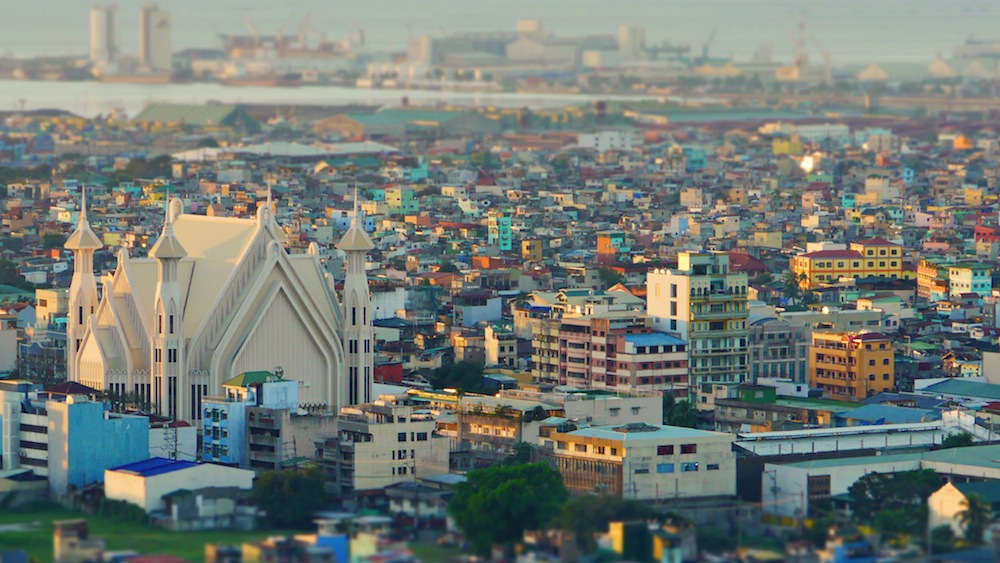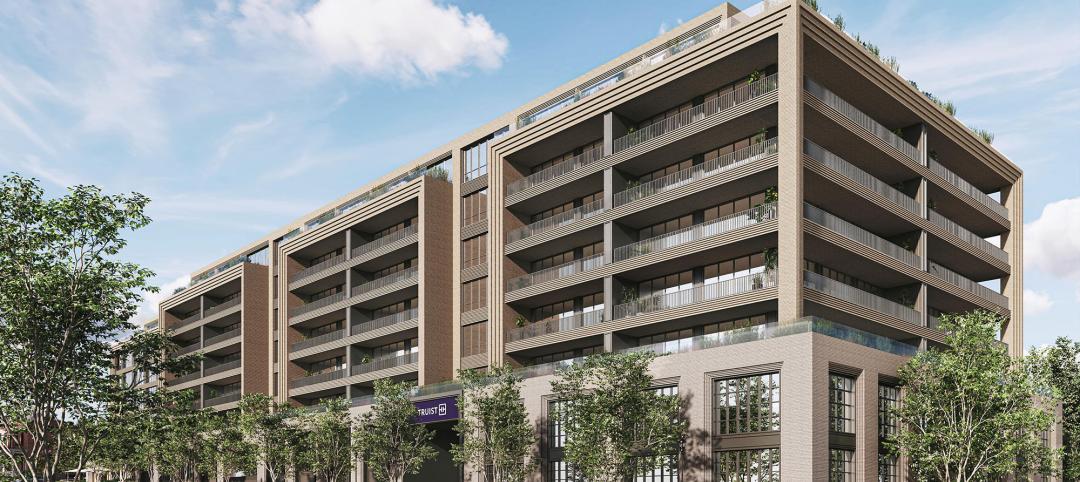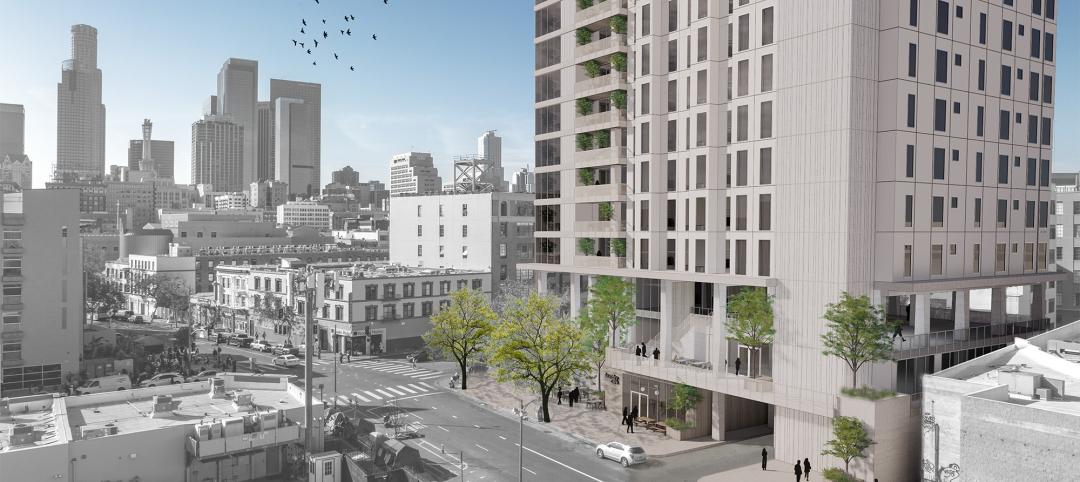Cities like Manila, Wuhan, and Dhaka are relatively unknown now, but that is soon changing.
CityLab examined a new report from the McKinsey Global Institute that identified 600 cities from across the world that will be responsible for 65% of global economic growth from 2010 through 2025. The growing cities could account for as much as $30 trillion a year.
Of the 600 cities, 440 of them, like the aforementioned ones in the Philippines, China, and Bangladesh, are in emerging economies. They will account for nearly half of the global GDP growth during that same time frame.
“One billion people will enter the global consuming class by 2025,” the summary of the report reads on McKinsey’s website. “They will have incomes high enough to classify them as significant consumers of goods and services, and around 600 million of them will live in the Emerging 440.”
The study notes that the earth’s center of economic gravity, calculated by weighing national GDP by each nation’s geographic center of gravity, was situated in central Asia through 1820 before shifting to the seas north of Europe over the last half century.
By 2025, however, the center of economic gravity will return to Asia, indicating that economic regions like China, South Asia, and Southeast Asia are on the rise.
The remaining 160 cities named in the report—developed metros like Tokyo, New York, and London—are projected to represent just 17% of growth between 2010 and 2025.
Related Stories
Urban Planning | Jan 2, 2024
Federal Highway Administration releases updated traffic control manual
With pedestrian deaths surging nationwide, the Federal Highway Administration released a new edition of the Manual on Uniform Traffic Control Devices for Streets and Highways. The manual contains standards for street markings and design, standardizing signage, and making driving as seamless as possible.
Urban Planning | Dec 18, 2023
The impacts of affordability, remote work, and personal safety on urban life
Data from Gensler's City Pulse Survey shows that although people are satisfied with their city's experience, it may not be enough.
Multifamily Housing | Nov 30, 2023
A lasting housing impact: Gen-Z redefines multifamily living
Nathan Casteel, Design Leader, DLR Group, details what sets an apartment community apart for younger generations.
Condominiums | Nov 6, 2023
Douglas Elliman launches its first Metro D.C. condominium project
Douglas Elliman, one of the largest independent residential real estate brokerages in the United States, announced last week that the firm will be handling the sales and marketing for Ten501 at City Centre West.
Office Buildings | Oct 16, 2023
The impact of office-to-residential conversion on downtown areas
Gensler's Duanne Render looks at the incentives that could bring more office-to-residential conversions to life.
Urban Planning | Oct 12, 2023
Top 10 'future-ready' cities
With rising climate dilemmas, breakthroughs in technology, and aging infrastructure, the needs of our cities cannot be solved with a single silver bullet. This Point2 report compared the country's top cities over a variety of metrics.
Resiliency | Aug 7, 2023
Creative ways cities are seeking to beat urban heat gain
As temperatures in many areas hit record highs this summer, cities around the world are turning to creative solutions to cope with the heat. Here are several creative ways cities are seeking to beat urban heat gain.
Affordable Housing | Jul 27, 2023
Repeatable, supportive housing for the unhoused
KTGY’s R+D concept, The Essential, rethinks supportive housing to support the individual and community with a standardized and easily repeatable design.
Urban Planning | Jul 26, 2023
America’s first 100% electric city shows the potential of government-industry alignment
Ithaca has turned heads with the start of its latest venture: Fully decarbonize and electrify the city by 2030.
Urban Planning | Jul 24, 2023
New York’s new ‘czar of public space’ ramps up pedestrian and bike-friendly projects
Having made considerable strides to make streets more accessible to pedestrians and bikers in recent years, New York City is continuing to build on that momentum. Ya-Ting Liu, the city’s first public realm officer, is shepherding $375 million in funding earmarked for projects intended to make the city more environmentally friendly and boost quality of life.

















